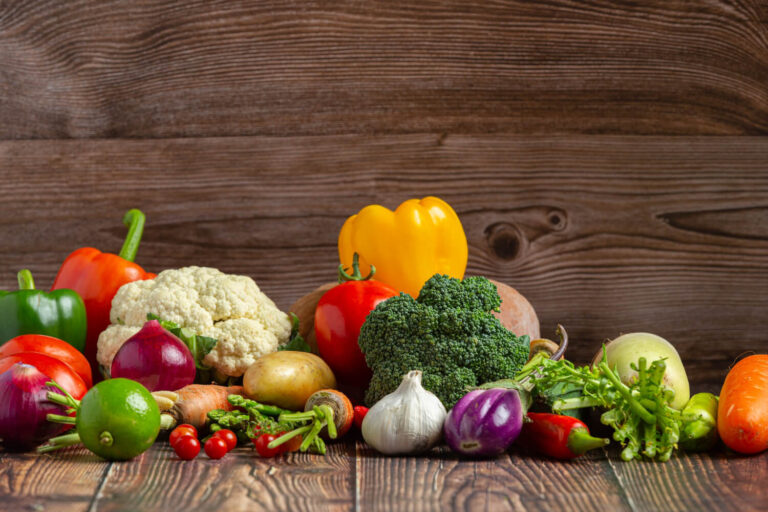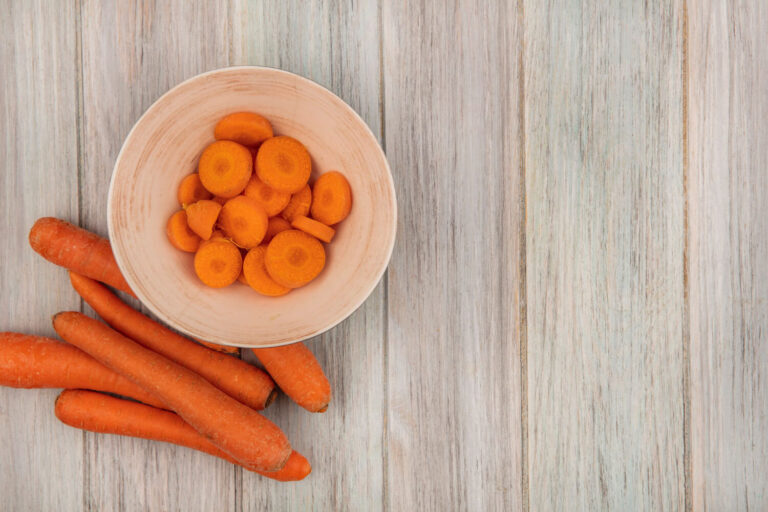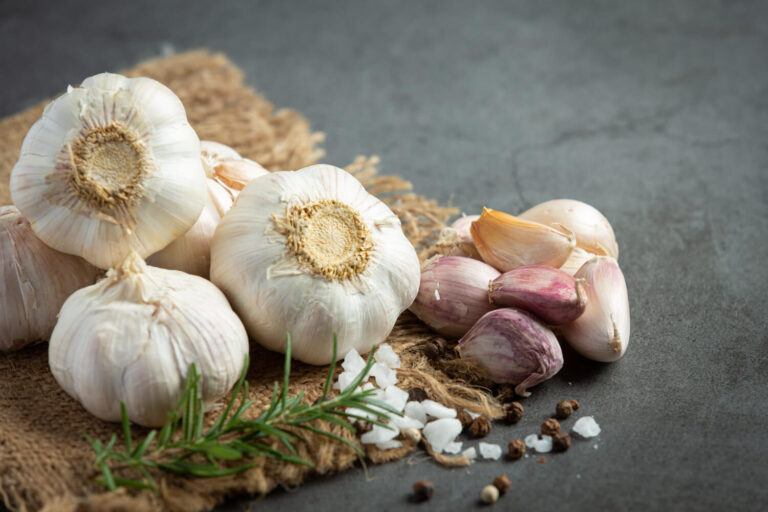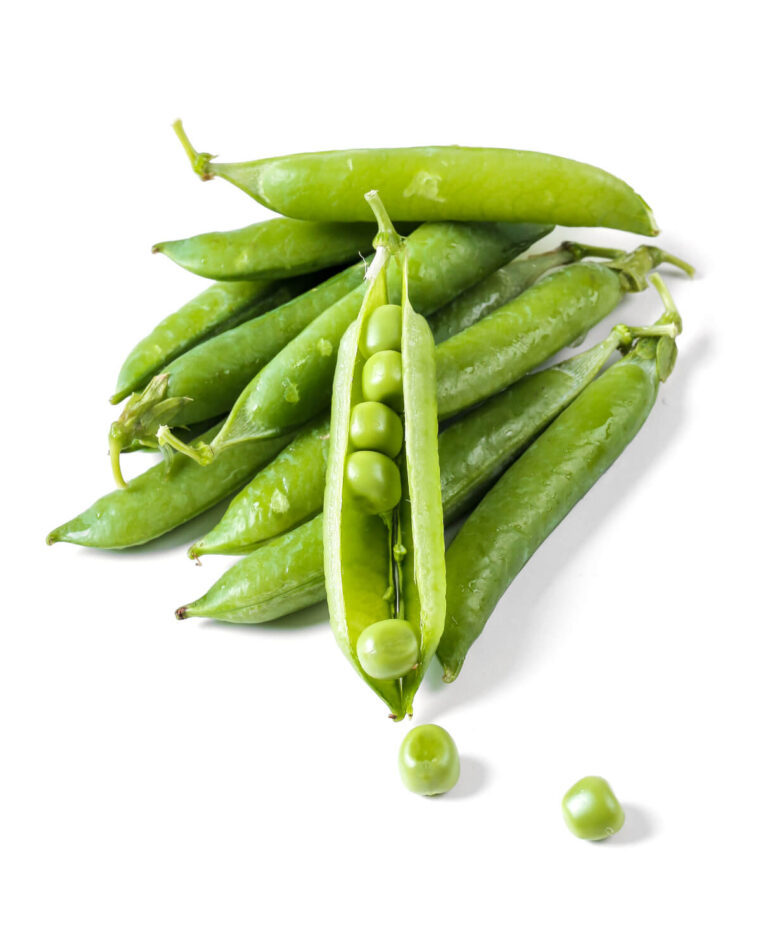Vegetables

Vegetables and fruits are the best foods that one can have in their daily diet to maintain good health. Vegetables must be consumed by properly washing them with normal or hot water and then by boiling them or making any sort of dish.
Vegetables are a natural source of almost all nutrients like vitamins and minerals, protein, carbohydrates, fats, etc. Some roots, stems, and leaves of different plants have amazing benefits for health and fitness. This system of medication deals with the root causes of the disease or any other health issue.
Vegetables when consumed daily have amazing effects on the quality of life. Vegetables are 100% natural (until they are full of harsh pesticides or other chemicals and are most effective on our body. You also need to have a clean-rich diet and an exercise regime to be healthy and fit.
Spinach

Spinach is one of the healthiest vegetables ever known. It’s a leafy green vegetable that originated in Persia. The insoluble fiber content is high in spinach which helps in preventing constipation.
The carbohydrate content of spinach is mostly fiber and others are glucose and fructose. 100 grams of spinach contains around 91% water, 2.9g proteins, 3.6g carbohydrates, 0.4g fats, 2.2g fiber, and 0.4g sugar which totals 23 calories.
Spinach is high in carotenoids which convert into Vitamin A. It contains Vitamin C (Antioxidant), Vitamin K1, Calcium, Folic acid, and Iron.
Carots

Carrots are root vegetables that are tasty and highly nutritious. Carrots are basically high in Beta carotene, fiber, Potassium, Vitamin K1, and Antioxidants. Carrots also help in decreasing bad cholesterol and improving eye health.
100g of carrots contain around 88% water, 0.9g proteins, 9.6g sugar, 0.2g fat, 2.8g fiber, and 4.7g sugar which equals 41 calories. Carrots mainly contain water and carbs which is mostly sucrose and glucose. A low glycemic index is what makes carrots perfect for having during dieting and for people with diabetes.
Carrots contain pectin (fiber) which is a soluble fiber, which helps in reducing sugar levels by slowing down of digestion of sugar. Insoluble fibers like cellulose, hemicellulose, and lignin help in reducing constipation making your digestion smooth.
Carrots have vitamins like Vitamin A, Vitamin K1, Vitamin B6, Biotin, and Potassium.
Garlic

Garlic is a plant that is used popularly in cooking and is closely related to onions, shallots, and leeks. Garlic (one clove) contains 2% Manganese, 2% Vitamin B6, 1% Vitamin C, 1% Selenium, and 0.06% carbohydrates (1g) of daily intake and 0.2g protein. It also contains some amount of Vitamin B1, Calcium, Copper, Potassium, Phosphorous, and Iron.
Garlic has amazing health benefits like lowering cholesterol, containing antioxidants that prevent Alzheimer’s disease and Dementia, controlling blood pressure, curing a common cold, improving athletic performance and bone health, detox heavy metals.
Green peas

Green peas are vegetables that come under the legume family which contains pods with seeds inside, like chickpeas, lentils, and peanuts.
Green peas (1/2 cup) contain 11g of carbs, 4g of protein, and 4 g of fiber. They also contain 34% of Vitamin A, 24% of Vitamin K, 13% of Vitamin C, 15% of Thiamine, 12% of Folate, 6% of Phosphorous, 7% of Iron, and 11% of Manganese which is around 62 calories.
Green peas are quite nutritious and contain fiber and antioxidants that help in preventing heart disease and cancer and diabetes. They help in controlling blood sugar levels and improve digestion, but sometimes they may cause bloating due to some antinutrient content in them.
Ginger

Ginger is one of the healthiest vegetables found on earth. Ginger (1 tablespoon) contains 1.07g of carbs, 0.12g of dietary fiber, 0.11g of protein, 0.05g of fat, and 0.1g of sugar which equals 4.8 calories. It also contains Vitamin B3, Vitamin C, Iron, Potassium, Magnesium, Phosphorous, Zinc, Folate, Riboflavin, and Niacin.
Ginger helps in reducing nausea, digestion, flu, colds, inflammation, weight loss, osteoarthritis, and lowers blood sugar, menstrual pain, and cholesterol levels. Improves brain function and prevents Alzheimer’s disease and cancer. Helps fight infections.
